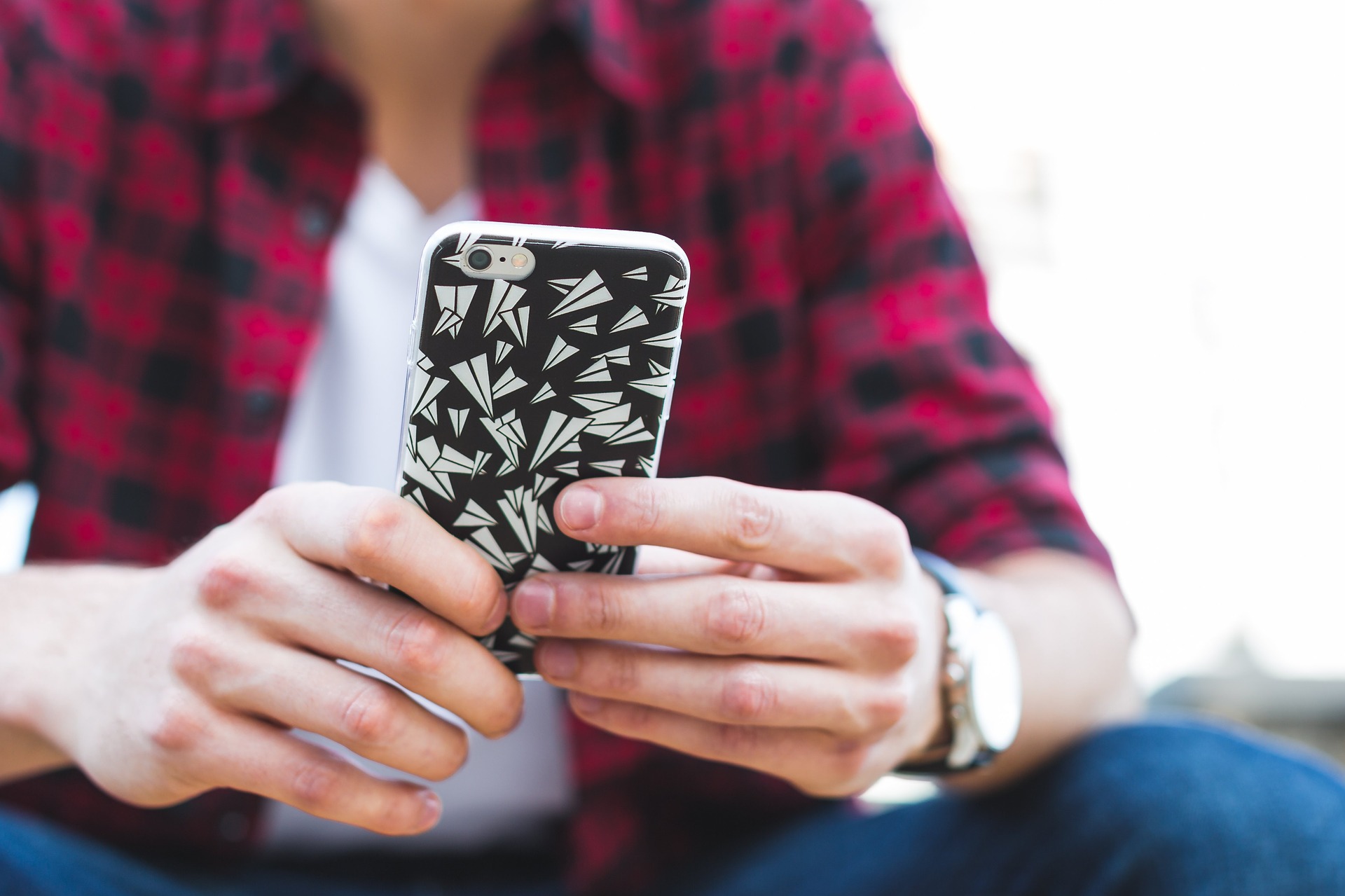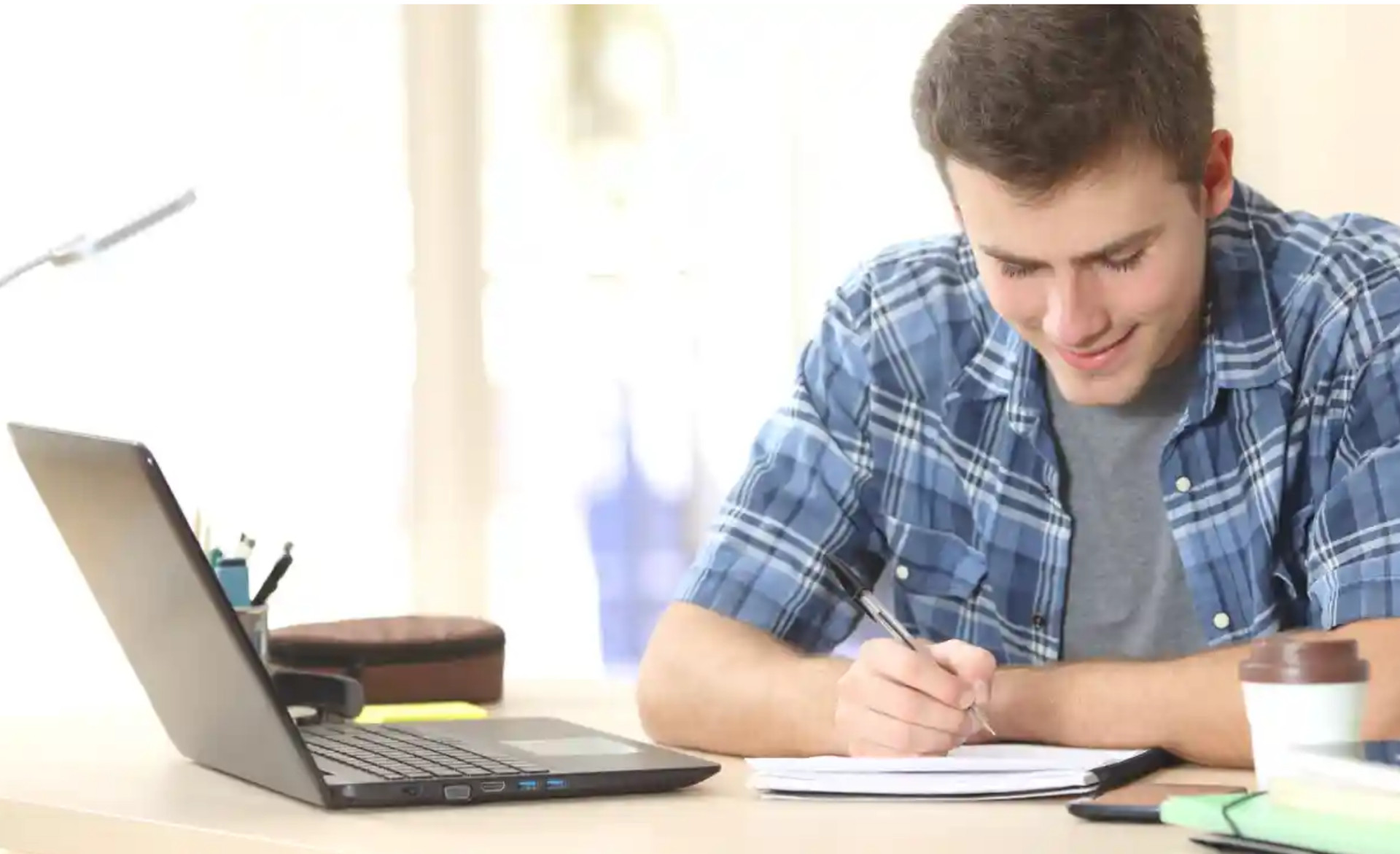Cognition and tech: Negative effects
Negative effects of technology on memory
After completing this lesson, you should be able to:
- Explain and evaluate research that investigates the potentially negative effects of technology on memory.
- Discuss the limitations of research on the use of technology.
Before completing this component, please read Memory in the digital world.
At the end of this component, you should be able to discuss the following concepts:
- A 2 x 2 independent samples design
- Digital amnesia
- Multitasking
- Transactive memory
Technology and memory
The research in the first component of the module focused on the effects of technology on classroom performance. In this component, we are going to look specifically at the effect of digital technology on memory. As part of your reading, you should have read the study by Sparrow (2011). Watch the following video before attempting to answer the questions below about the study that defined the "Google Effect."
Checking for understanding: Sparrow (2011)
1. What is meant by the term "digital amnesia"?
The tendency to forget information because you trust a digital device to store and retrieve this information for you.
2. The experiment by Sparrow was a 2 x 2 independent samples design. What does that mean?
Two independent variables were manipulated at two different levels. You can determine how many conditions there were by doing the math - in this case, four conditions. They were either asked to remember/told that the computer would save the information; asked to remember/told the computer would not store the information; not asked to remember/told the computer would save the information; not asked to remember/told the computer would not store the information
3. In the original study, Sparrow found that people tended to remember more when they thought that the information would not be stored. What was her key finding in her follow-up study?
She found that people could remember where the study was saved on the computer better than the information itself.
Thinking about research
Although Sparrow's research helped to give language to "the Google Effect," attempts to replicate her reseach have not been successful. So, does that mean that there is no negative effect and this is all an alarmist anti-technology bias in research?
Read the two study summaries below. Both studies argue that techology has a negative effect on memory. When you have finished reading the studies, submit your response to the question below.
Study 1. Rosen et al (2011)
 185 university students participated in a study to test the effect of texting on memory.
185 university students participated in a study to test the effect of texting on memory.
The students were asked to watch a 30-minute videotaped lecture; they were told that they would be tested on the content of the lecture. The students were classified into three levels of texting:
- Low texting: 0 - 7 texts received/sent
- Moderate texting: 8 - 15 texts received/sent
- High texting: More than 15 texts received/sent
Participants in the low texting group performed 10.6% better than the high texting group on the memory test. The score was negatively correlated with the length of the text received or sent. They also found that those that responded immediately had lower performance than those that waited 4 - 5 minutes to reply.
Study 2. Hembrooke and Gay (2003)
The sample was made up of 44 American university students. The study took place during a university lecture. The class was non-randomly split into two groups. Half of the class was moved to another room while the other half of the class was encouraged to keep their laptops open while listening to a lecture. This first group then went to another room and then took a short test (20 questions) on the content of the lecture. Meanwhile, the second group was called in. They listened to the same lecture but were not allowed to have their laptops open. They were then given the same test as the first group.
The study was replicated two months later but this time group 1 had their laptops closed and group 2 had their laptops open. In other words, the study was counter-balanced.
Students in the "open laptop" condition performed significantly worse than students in the "closed laptop" condition.
With regard to the two studies above, which one do you feel is the "stronger study." Explain your decision.
Continue to Cognition and tech: Positive effects

 IB Docs (2) Team
IB Docs (2) Team

